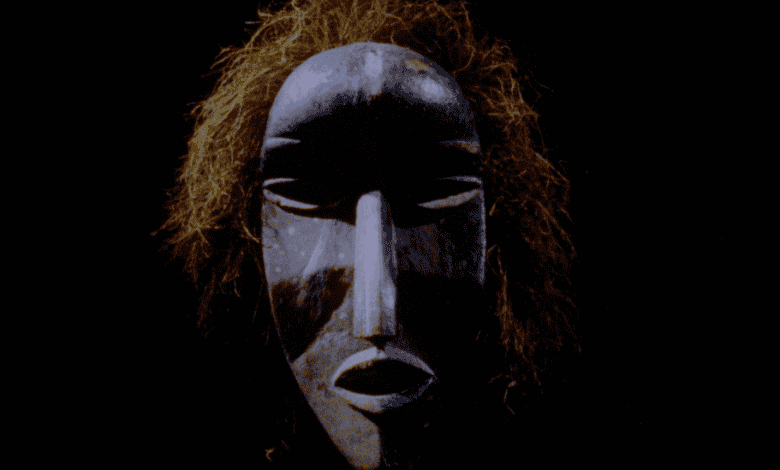Art’s Colonial Legacy: ‘It Would Have Been Better Not to Have Needed Museums.’

Supported by
SKIP ADVERTISEMENT
Art’s Colonial Legacy: ‘It Would Have Been Better Not to Have Needed Museums.’
-
Share full article
Mr. De Groof is a Belgian filmmaker and scholar whose work sheds light on decolonization and its various failures.
The idea for this film began when a friend was planning an exhibition featuring Congolese artwork. She was considering including the documentary “Under the Black Mask” (1958), by the Belgian filmmaker Paul Haesaerts, but was unsure how to present the piece, which contains voice-over and images that stereotype and exoticize Congolese culture. How could we adequately contextualize a work by a filmmaker from Belgium created in the final years of that country’s decades-long, brutal colonial occupation of what is now the Democratic Republic of Congo?
Even if the original film were presented with commentary, such critique typically appears offscreen, only available to those who choose to or are able to seek it out. I suggested that we instead create a new film that would reframe the original imagery.
I began by selecting images from “Under the Black Mask” that gave me the feeling that the masks faced me directly, allowing them to momentarily escape Haesaerts’ frame. What would these images have said if they had a voice? We decided to replace the narration with excerpts from Aimé Césaire’s seminal work “Discourse on Colonialism,” which argued that colonization dehumanizes the colonizer and was published less than a decade before the original film was made. It was a text I had carried close to my heart for many years.
We translated Césaire’s text into Lingala, a language spoken in Congo, and the new voice-over was performed by Maravilha Munto, a young slam poet who spontaneously connected with the words written three generations earlier. The result is this short documentary, which I refer to as “the film that Haesaerts could have made.”
Matthias De Groof is a Belgian scholar and filmmaker.
The Times is committed to publishing a diversity of letters to the editor. We’d like to hear what you think about this or any of our articles. Here are some tips. And here’s our email: [email protected].
Op-Docs is a forum for short, opinionated documentaries by independent filmmakers. Learn more about Op-Docs and how to submit to the series. Follow The New York Times Opinion section on Facebook, Twitter (@NYTopinion) and Instagram.
